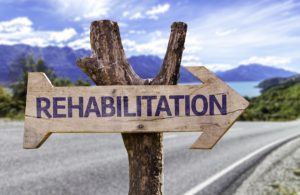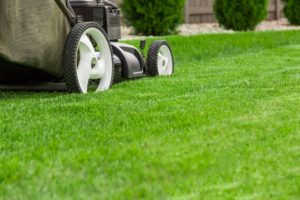The public health authorities have warned that, to protect yourself from COVID-19, you need to wash your hands frequently, wear masks, and, most importantly, stay indoors as much as possible.
Here are some other ways for you to prevent yourself and your loved ones from getting sick:
Purify Indoor Air

The air you breathe inside your home is not as clean and safe as you think it is.
Now that it is summer, many people are using air conditioning systems to cool their homes despite the sweltering heat outside. What you may not notice is, germs, pollutants, and allergens are spreading.
Duct cleaning should be done frequently, especially around this time of the year when you rely on your air conditioning system to keep the indoor temperature down to a comfortable level. The ducts where the air passes through may be filled with irritants that may make you sick.
It will also help to use HEPA (high-efficiency particulate air) filters. It can remove 99.9% of dust, pollen, mold, bacteria, and other airborne particles that are around or bigger than 0.3 microns. Some reports even say that it can capture particles that are sized 0.01 micron (the coronavirus is about 0.125 micron).
You can also start taking care of indoor plants. Studies after studies have proven that indoor plants grab toxins from the air. Every time you inhale, you can be assured that you are breathing fresh, clean air.
English ivy, bamboo palm, gerbera daisy, and mother-in-law’s tongue are some of the indoor plants that are easy to care for and will clean air.
Disinfect Surfaces in High-Traffic Area
Every time you go out, you are collecting bacterias and viruses which you bring back home with you. Make it a habit to disinfect surfaces that you use frequently like doorknobs, light switches, faucets, countertops, tabletops, computer keyboards, remotes, etc. These places might be harboring germs that might infect your family.
Do it daily. Germs can thrive on surfaces for 24 hours and more. Use antibacterial cleaning products. The Centers for Disease Control and Prevention (CDC) recommends mixing bleach with water.
When Doing the Laundry
The laundry can be carrying germs, too. As soon as you come home, throw your dirty clothes into the hamper. Try not to reuse it before it has been washed.
When you do the laundry, do not “hug” it. Keep it as far away from you, especially your face, as possible. Wash your hands after loading the washing machine.
Usually, washing your clothes like usual would keep you safe from any germs that may have lingered in it. But, if you want to feel safe, you can use bleach on your clothes. There are bleaching products that are safe to be used on colorful clothes.
Should You Disinfect Food Packets and Packages?
The U.S. Food and Drug Administration has not found evidence that COVID-19 can be transmitted through handling food packaging. Therefore, you do not have to wipe every plastic bag or bottle of your grocery items. However, it is still advisable to wash your hands thoroughly before you eat.
Packages are pretty low-risk, too, according to the U.S. Postal Service. However, you can give boxes a wipe before it comes into your house or you can open the package in your front door and toss the box as properly as soon as possible.
It is impossible to completely eliminate the risk of illness. However, these measures will help minimize the possibility so you and your family can live healthily.



















